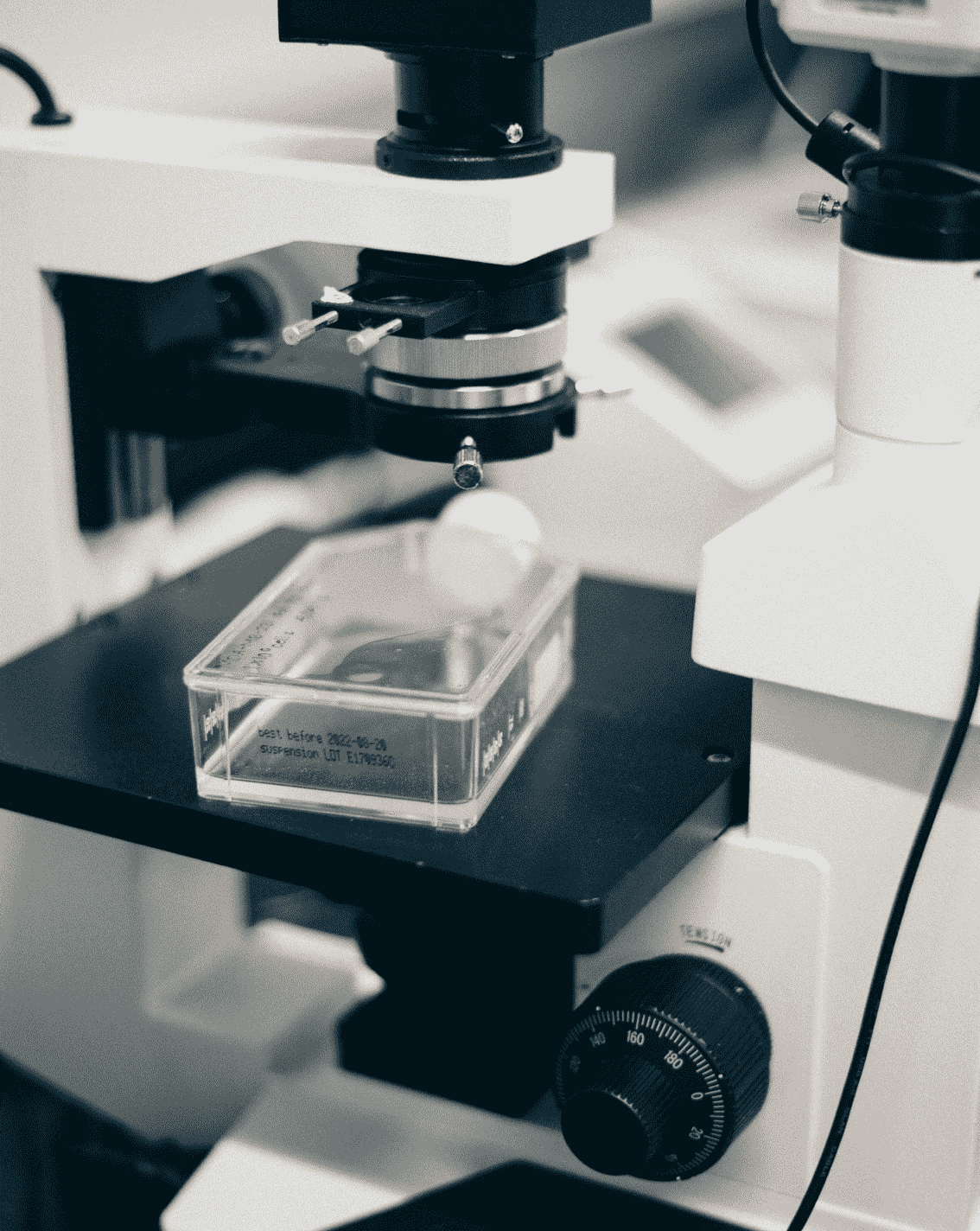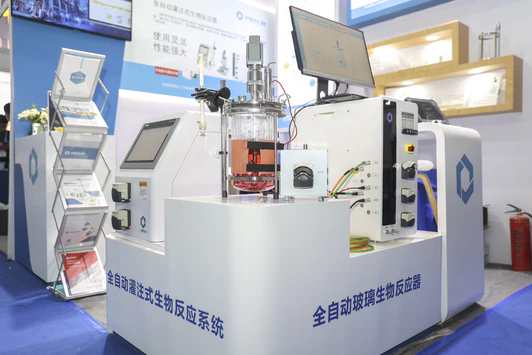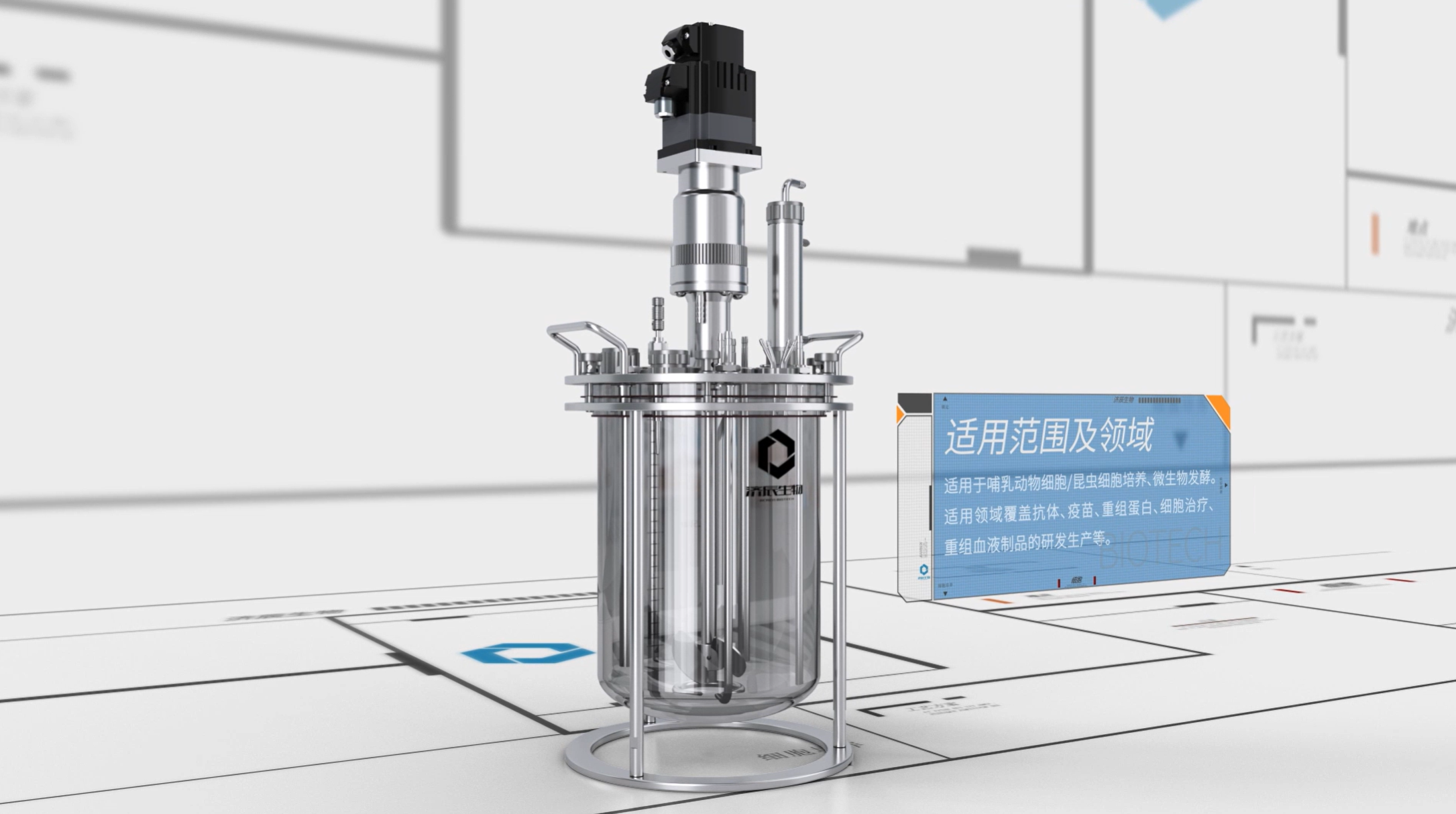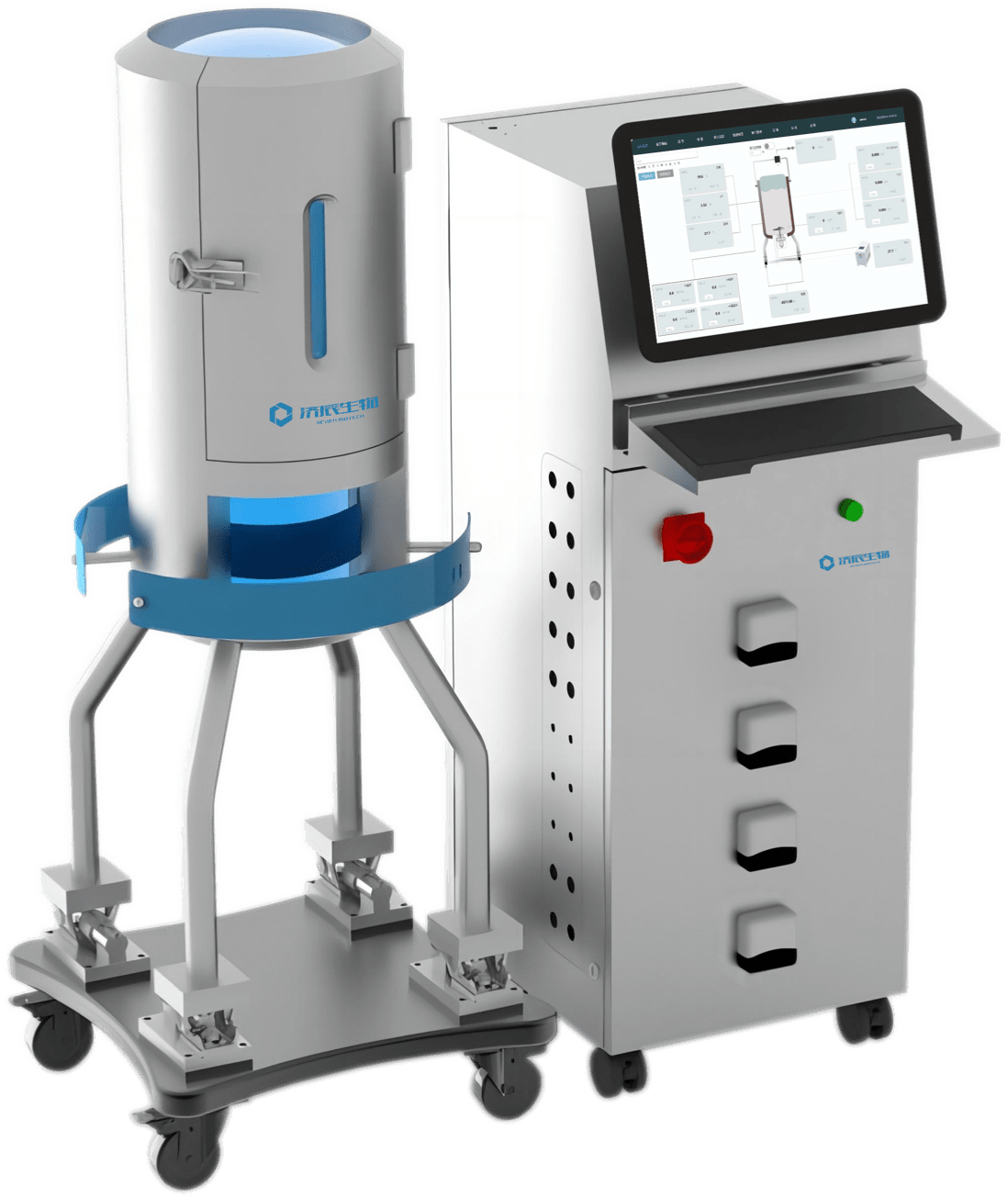Automation process refers to the use of computer technology, automation equipment, sensors and control systems, etc., to carry out intelligent transformation of production, management and services, to achieve the goal of high efficiency, stability, and saving human and material resources. With the rapid development of science and technology, automation technology has penetrated into all walks of life and become an important force to promote industrial transformation and upgrading. In this paper, we will discuss the principles, advantages, application areas of automation process and its impact on industrial development.
Principles and Advantages of Automation Processes
1. Principle
The core of an automated process is the use of computers and control systems to monitor, analyze, control, and optimize the production process in real time. Its main components include:
(1) Sensors: real-time acquisition of various parameters in the production process, such as temperature, pressure, flow rate and so on.
(2) Actuator: according to the instruction of the control system, operate the production equipment, such as starting, stopping, adjusting and so on.
(3) Control system: analyze and process the data collected by the sensors, formulate the control strategy, and send commands to the actuators.
(4) Human-machine interface: to realize the interaction between human and the automation system, which is convenient for the operator to monitor and adjust the production process.
2. Advantages
(1) Improvement of productivity: The automated process can run 24 hours a day to improve productivity.
(2) Reduce costs: Reducing labor input reduces production costs.
(3) Improve product quality: automated equipment runs stably, reduces human error and improves product consistency.
(4) Saving resources: optimize the production process, reduce energy and raw material consumption.
(5) Improve the working environment: reduce the number of workers engaged in heavy and dangerous work, and improve work safety.
Applications of automated processes
1. Manufacturing
In the manufacturing industry, automated processes have been widely used in the automotive, electronics, home appliances, food and pharmaceutical industries. For example, welding, painting, and assembly on automobile production lines are completed with automated equipment.
2. Agriculture
Automation technology has been increasingly used in agriculture, such as intelligent farm machinery, automated irrigation, and drone plant protection, which have improved agricultural production efficiency.
3. Services
Automation processes are applied in the services industry including intelligent customer service, unmanned retail, logistics and distribution, etc., which improves the quality of service and user experience.
4. Management field
Automated processes in enterprise management, government office and other fields, such as ERP system, OA system, etc., improve management efficiency and decision-making level.
The impact of automated processes on the development of industries
}1. Promote industrial transformation and upgrading
Automated processes help enterprises optimize their production structure, improve product quality, and reduce costs, thus promoting industrial transformation and upgrading.
2. Nurturing emerging industries
The development of automation technology has spawned a number of emerging industries, such as robotics, intelligent equipment, and the Internet of Things.
3. Promote the transformation of employment structure
Automation processes have reduced the demand for front-line production workers, but at the same time created a large number of high-end jobs in R&D, maintenance and management.
4. Enhancing International Competitiveness
Chinese enterprises are improving product quality and production efficiency through the implementation of automated processes to enhance competitiveness in the international market.
Development Trend and Prospect
1. Intelligence
Future automated processes will be developed in the direction of intelligence, to realize the autonomous perception, decision-making and optimization of equipment.
2. Networking
With the help of the Internet of Things, big data and other technologies, we can realize the interconnection between the equipment and improve the overall performance of the automation system.
3. Flexibility
Automation processes will pay more attention to flexible design to meet diversified and personalized production needs.
4. Green Environment Protection
Automated processes will pay more attention to energy saving and environmental protection, helping to realize sustainable development.
In short, automation processes, as an important result of scientific and technological innovation, are profoundly changing the mode of production and industrial pattern. With the continuous development and improvement of automation technology, China's industry will realize a higher level of transformation and upgrading, and inject new vitality into economic and social development.









